We may earn money or products from the companies mentioned in this post. This means if you click on the link and purchase the item, I will receive a small commission at no extra cost to you … you’re just helping re-supply our family’s travel fund.
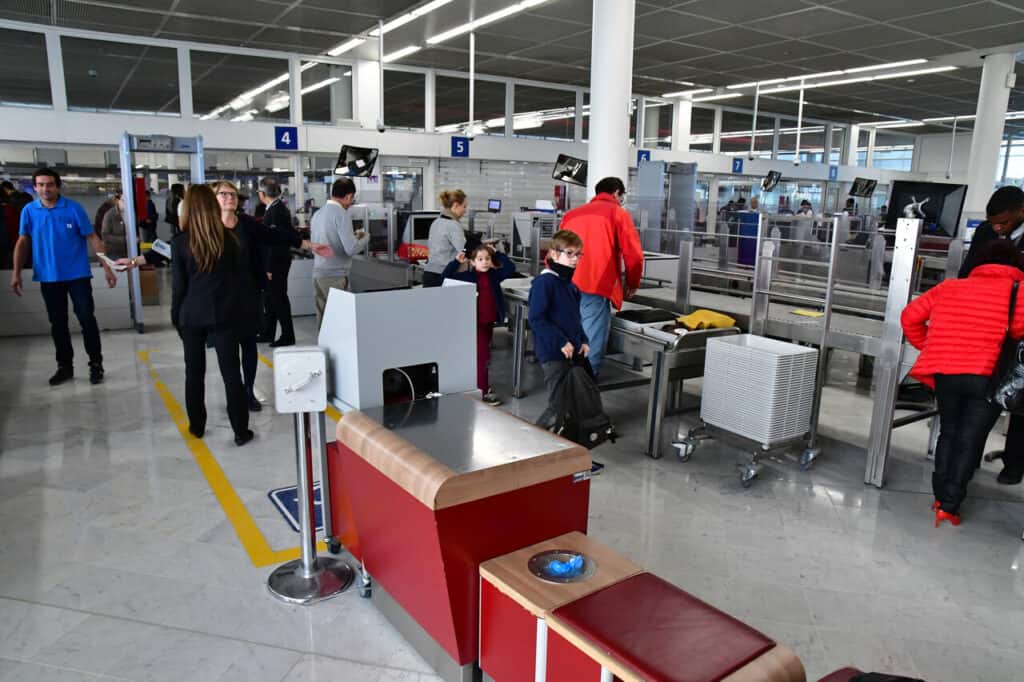
Travel plans for 2026 may face new hurdles as several countries tighten entry rules, impacting tourists, students, and business travelers alike. These restrictions come amid growing concerns over security, visa overstays, and diplomatic issues, prompting governments to enforce stricter screening and documentation requirements. Understanding which countries are affected and what changes are coming can help you avoid surprises, stay compliant, and keep your travel smooth and worry-free.
1. United States: New Travel Ban on 12 Countries

The U.S. introduced a travel ban effective June 2025 that bars entry to nationals of 12 countries, including Afghanistan, Myanmar, Chad, Congo, and Iran. This sweeping restriction affects immigrant and nonimmigrant visas, blocking most travelers from these nations unless they meet specific exemptions. The reasoning behind the ban centers on national security concerns and insufficient cooperation from these governments on passport screening, information sharing, and controlling visa overstays. Exceptions exist for permanent residents, dual nationals using other passports, athletes, diplomats, and some refugees. If your trip involves these countries, expect additional delays and hurdles, from stricter vetting to outright refusals. Planning ahead with updated visa guidance will be essential for affected travelers.
2. European Union: Enhanced Entry/Exit System

The European Union launched a new Entry/Exit System in October 2025, designed to tighten border controls for non-EU travelers. This digitized tracking system monitors entries, exits, and authorized stays, aiming to curb illegal immigration and overstays across Schengen countries. Travelers will need to provide biometric data and face more detailed checks upon arrival. Those coming from visa-exempt countries should expect some procedural updates as well. If you typically visit Europe’s Schengen zone, prepare for longer processing times at airports and border crossings and verify detailed requirements for your nationality.
3. Canada: Stricter Visa Screening Procedures
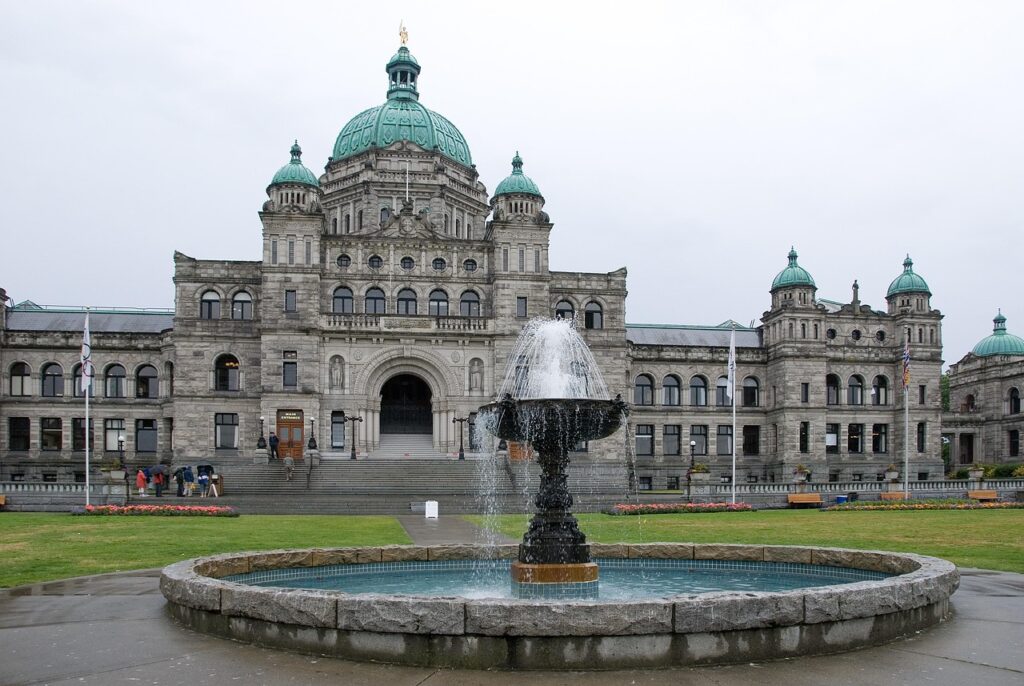
Canada has recently ramped up visa screening, particularly for visitors from high-risk regions. Authorities now conduct enhanced background checks, requiring more documentation and longer processing. This approach aims to target potential security risks and manage immigration flows responsibly. Business travelers, students, and tourists may face lengthier interviews and tighter scrutiny of travel purposes. Travelers to Canada should apply well in advance and double-check paperwork to avoid last-minute refusals. Monitoring official updates closely will be key to staying informed about any additional restrictions or changes.
4. Australia: New Health and Security Protocols
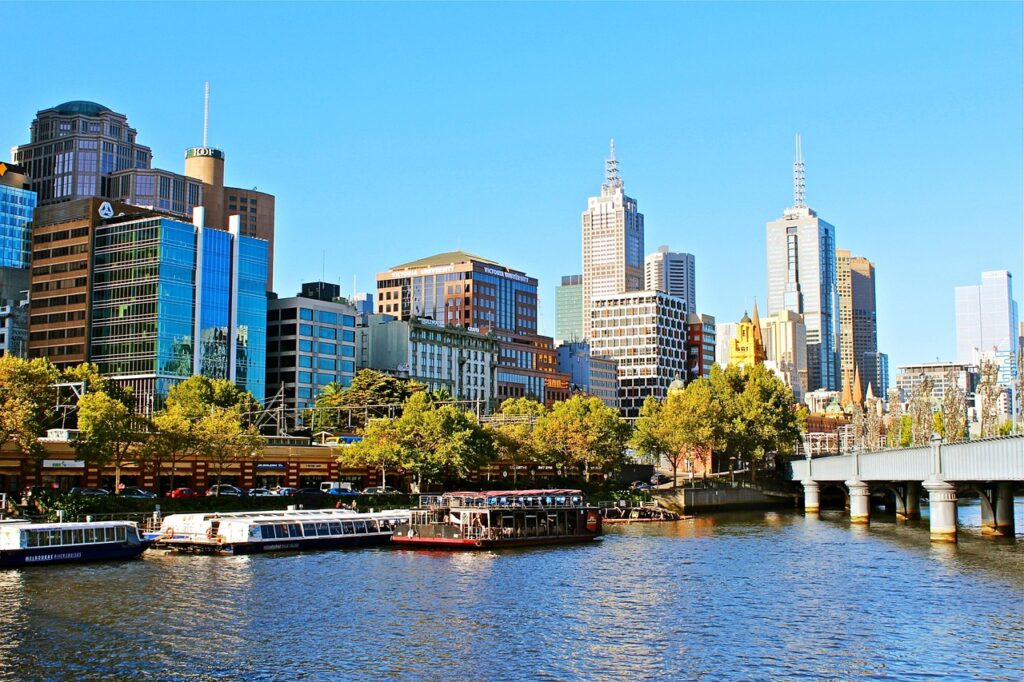
Australia has expanded health and security requirements for incoming travelers in 2026. Enhanced vaccination proof, health screenings, and detailed travel history disclosures are now standard entry prerequisites. This is part of ongoing efforts to safeguard public health amid continuing global uncertainties. Additionally, visa applications face more rigorous security vetting for certain countries, with longer wait times expected. Travelers planning visits to Australia should prepare to meet these evolving demands, ensuring vaccines and paperwork are up to date before departure.
5. United Kingdom: Post-Brexit Border Changes

Since Brexit, the UK has progressively updated its border control operations. In 2026, expect further tightening around entry for visitors from outside the Common Travel Area. New rules emphasize visitor purpose verification and technology-driven document checks. Visa requirements for some nationalities have shifted, reflecting diplomatic relations and security assessments. Visitors might see more questions at arrival, and overstays will face stricter penalties. Keeping abreast of UK government travel advice is crucial to navigate these changes smoothly.
6. Japan: Streamlined Yet Stringent Entry Controls

Japan continues to refine entry processes as it gradually reopens to international visitors. While aiming to boost tourism, authorities maintain tight control on health screenings and visa issuance for specific countries. Recent updates restrict stays for nationals from certain regions with high-risk profiles, demanding detailed pre-arrival procedures and on-entry health checks. Japan’s approach balances welcoming visitors with protecting public safety. Travelers should comply fully with documentation rules and prepare for scrutiny on arrival.
7. Brazil: Increased Focus on Security Checks

Brazil has strengthened border security measures, particularly around visa issuance and customs inspections. Travelers from targeted countries may undergo enhanced background verification and documentation review before entry is allowed. This adjustment aligns with Brazil’s efforts to combat illegal immigration and reduce security threats. Tourist and business travelers should verify visa requirements in advance and expect longer processing times at consulates and ports of entry.
8. India: Heightened Visa Screening and Restrictions
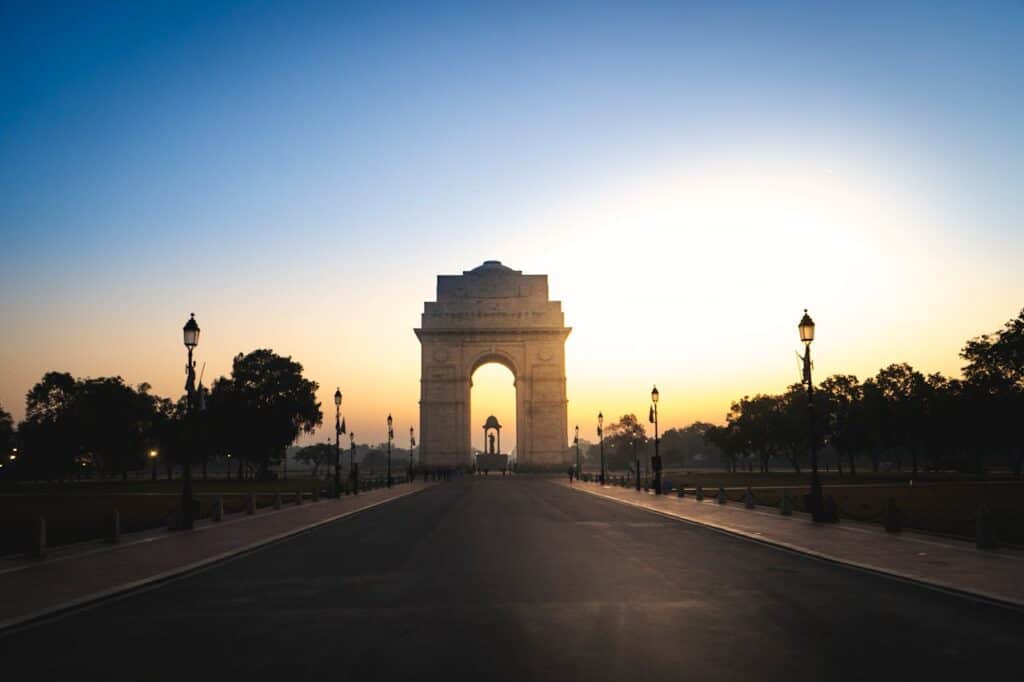
India has announced tighter visa screening starting in 2026, focusing on national security and immigration compliance. New measures require additional documentation, biometric verification, and interviews for applicants from certain nations. Visa approvals may take longer as the government upgrades its screening technology and protocols. Business and tourist travelers should plan ahead and maintain flexibility for potential delays during visa issuance.
9. South Africa: Adjusted Entry Requirements
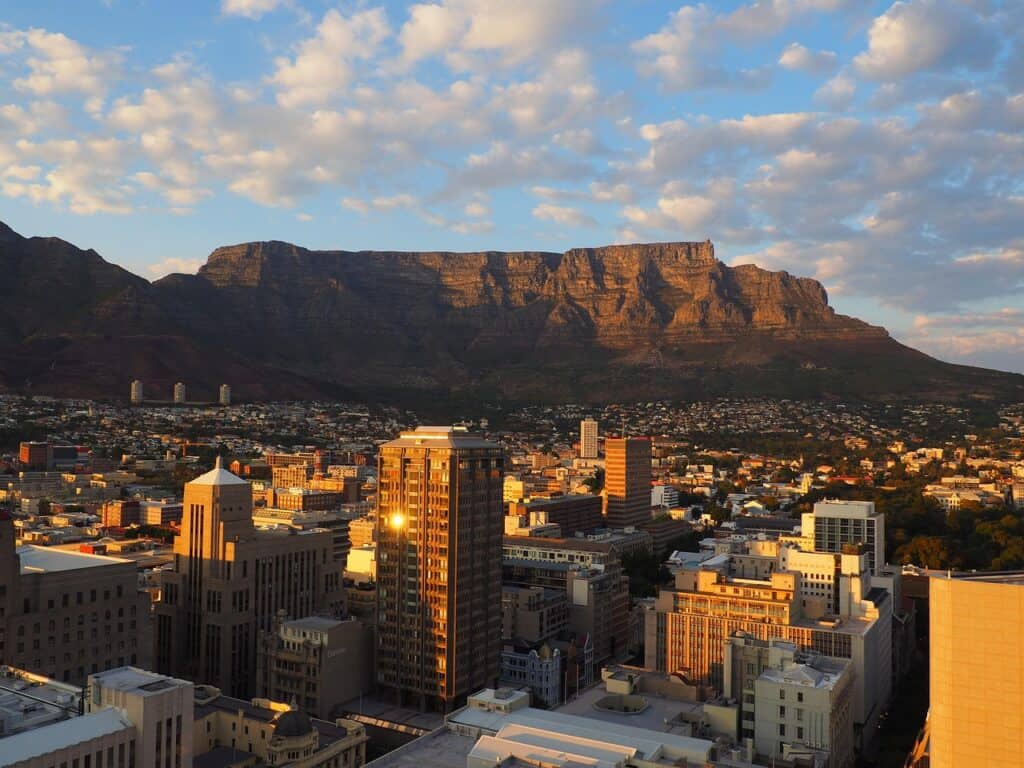
South Africa updated visa policies for countries with high immigration violation rates. New entry restrictions involve stricter application scrutiny and pilot biometric verification at ports. Travelers from select countries may face additional questioning and documentation requirements. These changes aim to protect national security while managing migrant flows responsibly. Early visa application and clear documentation will ease entry for legitimate visitors.
10. United Arab Emirates: Focus on Document Authenticity

The UAE government has increased the verification process for travel documents in 2026. Enhanced scrutiny on visa applications and entry permits targets fraudulent or unclear paperwork, primarily for travelers from certain nations. Airlines and border officials participate in enforcing these checks, resulting in potential delays. Travelers should ensure all documentation is genuine, complete, and consistent with visa rules to avoid refusal upon arrival.
11. Mexico: Enhanced Entry Verification
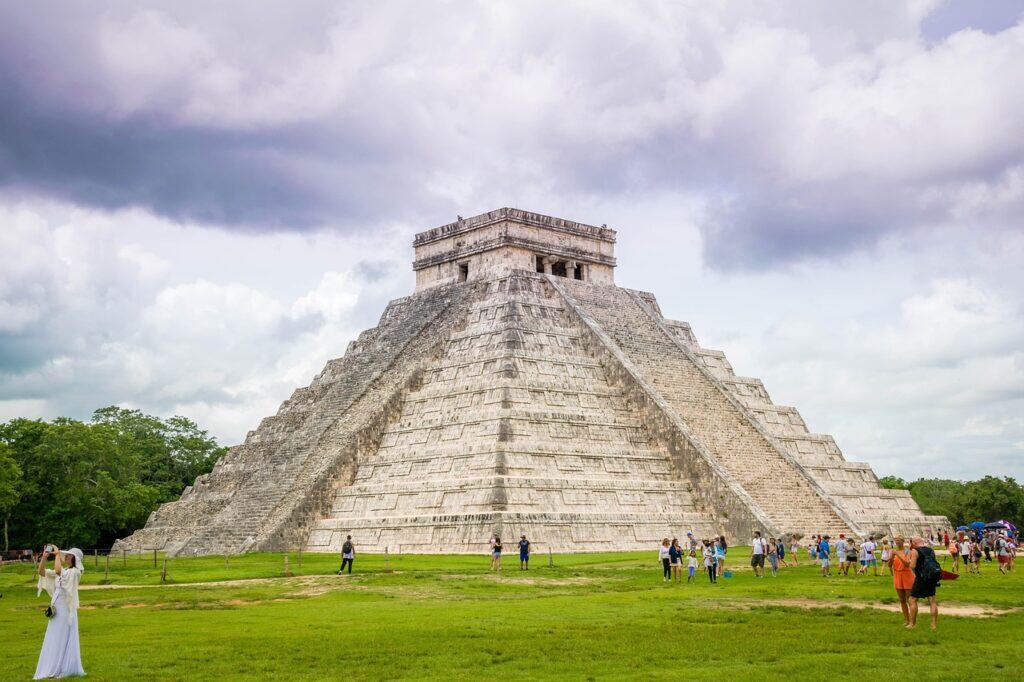
Mexico implemented tougher verification of traveler identities and purposes of travel, especially for those from countries with elevated risks. Border staff now engage in deeper screening, checking criminal backgrounds and visa legitimacy more thoroughly. The country aims to discourage illegal migration while facilitating legitimate tourism and trade. Travelers are advised to carry all relevant paperwork, including return tickets and hotel reservations, clearly demonstrating lawful visit intent.
12. New Zealand: New Entry Standards

New Zealand has introduced stricter entry standards effective 2026, focusing on health and security checks. Additional health declarations, vaccination proofs, and background screenings are mandatory. Visa applicants from designated countries undergo rigorous examination, with some experiencing extended processing times. These measures reflect New Zealand’s commitment to safeguarding public safety and managing migration. Travelers should verify current visa and health entry requirements long before travel dates.
Other Blog Posts You Might Enjoy
www.idyllicpursuit.com (Article Sourced Website)
#Countries #Tightening #Entry #Rules #Impact #Trips #Author #Kathy #Haan
